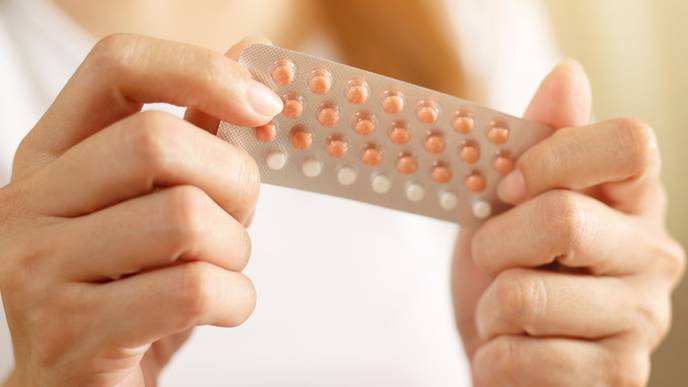Contraceptive Pills Can Lower the Risk of Rheumatoid Arthritis, Study Finds

10/11/2023
by Gustav Löfgren, Schwedischer Forschungsrat - The Swedish Research Council
Contraceptive pills can reduce the risk of rheumatoid arthritis, while hormone treatment in connection with menopause can increase the risk later in life. In a new study of more than 200,000 women in the UK, researchers at Uppsala University have discovered connections between the use of sex hormones and the risk of developing rheumatoid arthritis. The results have been published in the journal Rheumatology.
"Our research shows that the use of contraceptive pills protects against rheumatoid arthritis. We saw that among women who took contraceptive pills, the risk of developing rheumatoid arthritis was 19 percent lower than among those who had never taken this type of drug. Even after the women had stopped taking contraceptive pills, we saw an 11 percent lower risk of developing rheumatoid arthritis," says Fatemeh Hadizadeh of the Department of Immunology, Genetics and Pathology, Uppsala University, the lead author of the study.
The study, which is based on data from the UK Biobank, also investigated whether hormone treatment during menopause could influence the risk of developing rheumatoid arthritis later in life. The results showed that women who were treated with hormones ran a 16 percent higher risk of rheumatoid arthritis than those who never received such treatment.
A possible explanation for the striking difference between the risk associated with the use of contraceptive pills and hormone treatment during menopause is that the two types of drugs quite simply consist of different types of hormones and are not taken in the same doses. The fact that they are used in different periods of a woman's life may also affect the risk of disease. The physiological changes that occur after menopause, when the ratio between women's natural hormones changes, may also have an impact on how women are affected by different hormonal drugs.
Rheumatoid arthritis is a chronic inflammatory disorder that primarily leads to swollen joints and pain. Other organs, such as the skin, eyes, lungs, heart and blood vessels, can also be affected.
"Our study is a step forward in understanding the complex interaction between hormone use and rheumatoid arthritis. The results may lead to better-informed recommendations to women who have a heightened risk of suffering from rheumatoid arthritis. The new knowledge could also play a role in the development of new drugs," says Weronica E Ek, researcher at the Department of Immunology, Genetics and Pathology at Uppsala University, who led the study.
More information: Fatemeh Hadizadeh et al, Effects of oral contraceptives and menopausal hormone therapy on the risk of rheumatoid arthritis: a prospective cohort study, Rheumatology (2023). DOI: 10.1093/rheumatology/kead513
Provided by Schwedischer Forschungsrat - The Swedish Research Council
Citation: Contraceptive pills can lower the risk of rheumatoid arthritis, study finds (2023, October 9) retrieved 9 October 2023 from https://medicalxpress.com/news/2023-10-contraceptive-pills-rheumatoid-arthritis.html
This document is subject to copyright. Apart from any fair dealing for the purpose of private study or research, no part may be reproduced without the written permission. The content is provided for information purposes only.

Facebook Comments